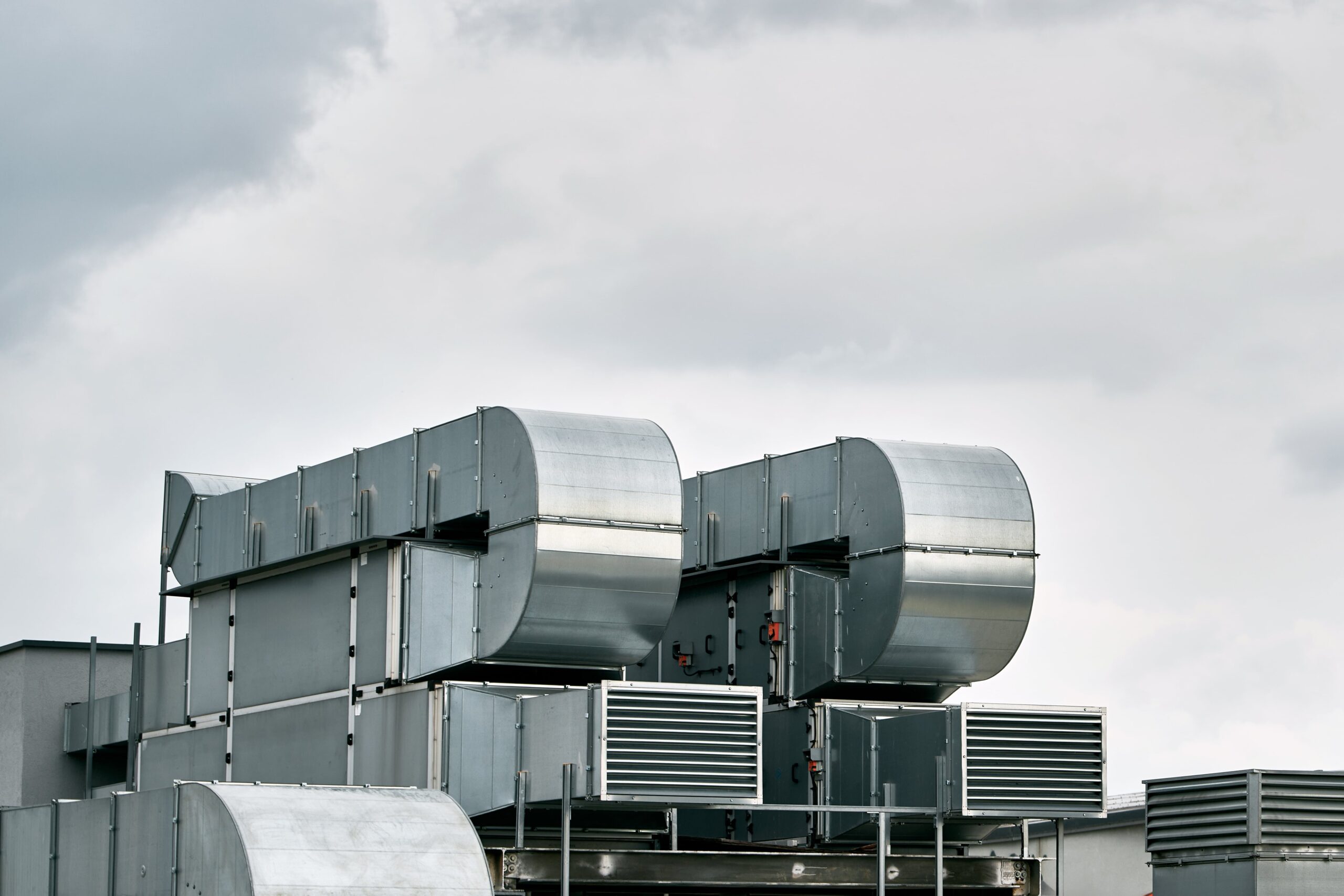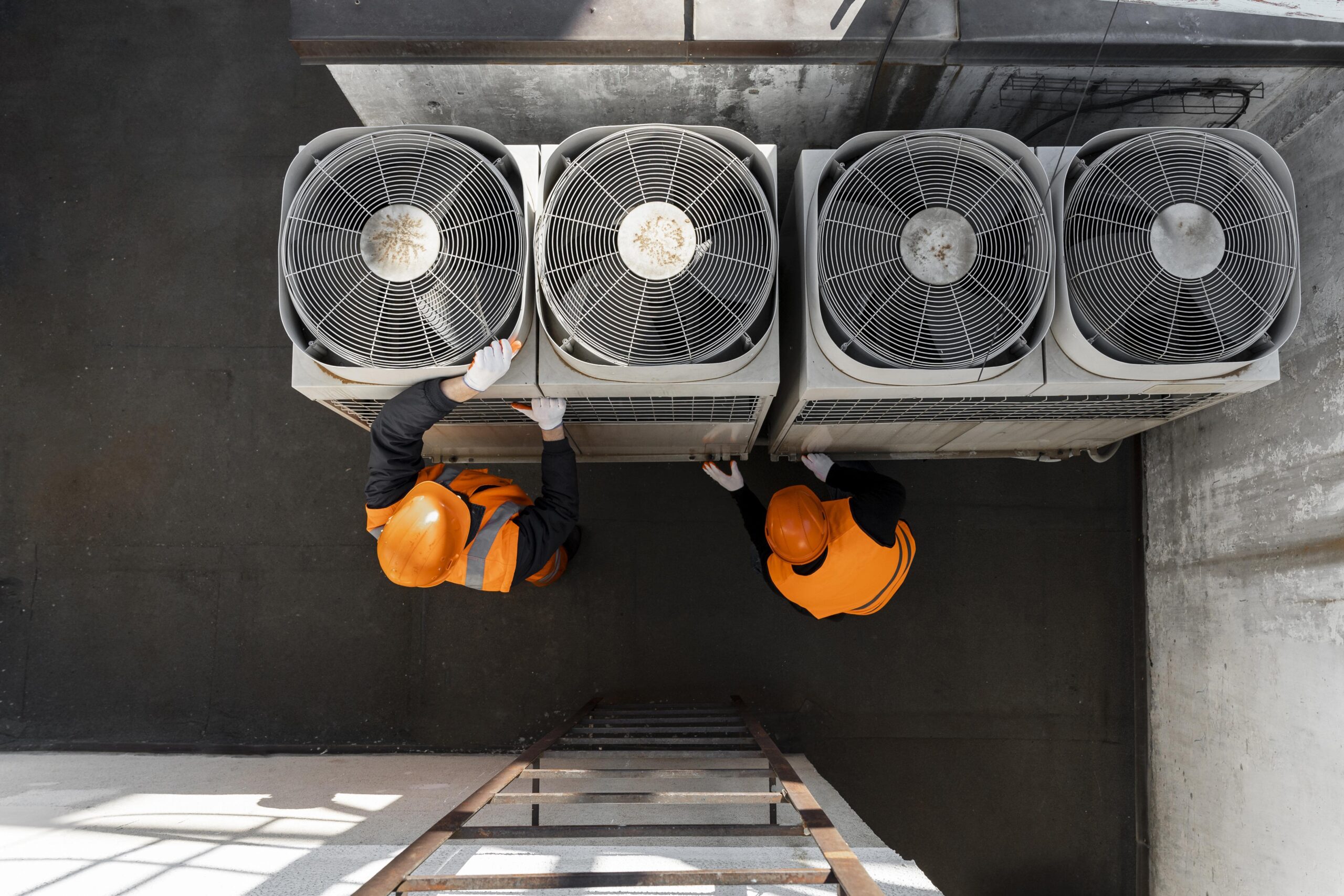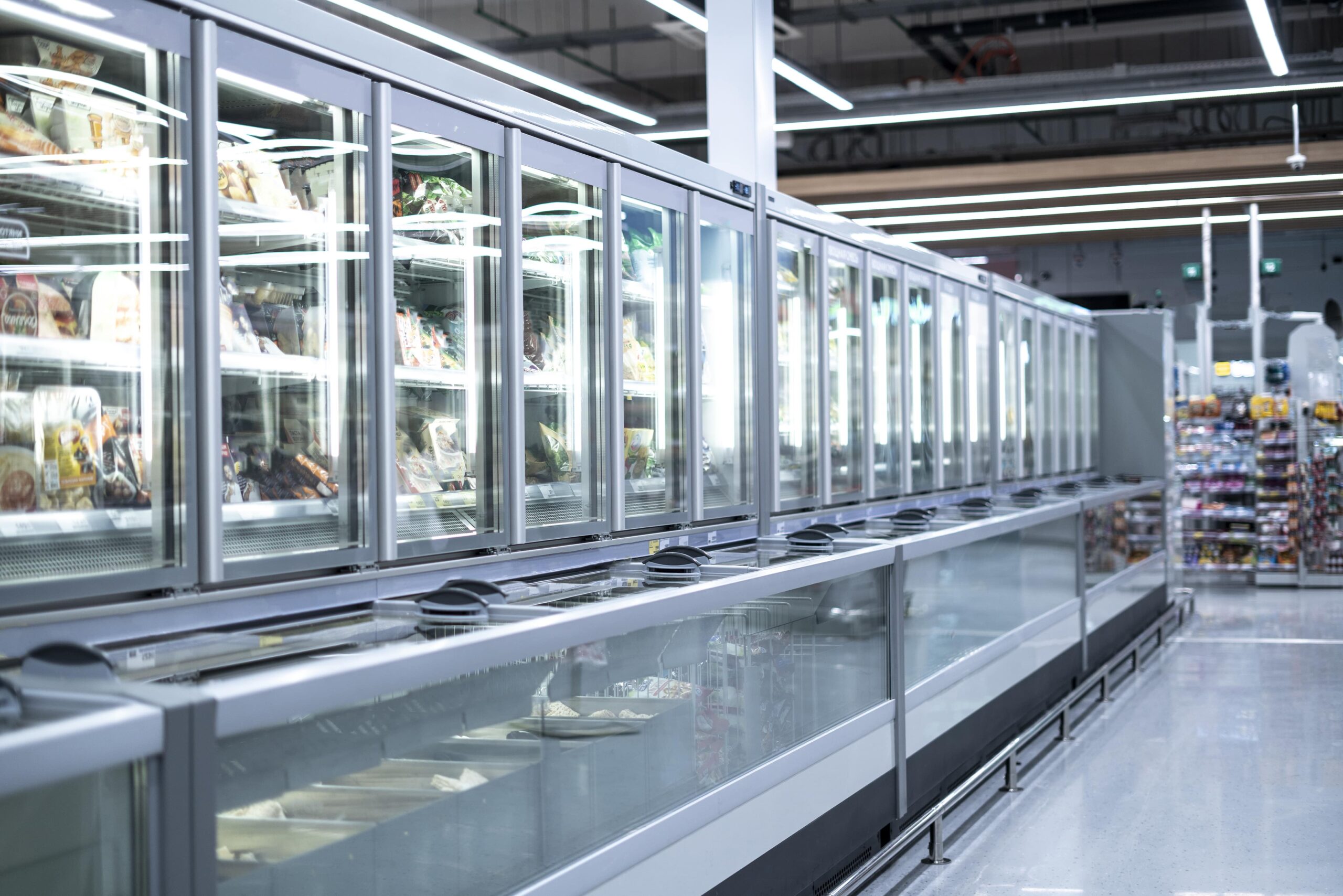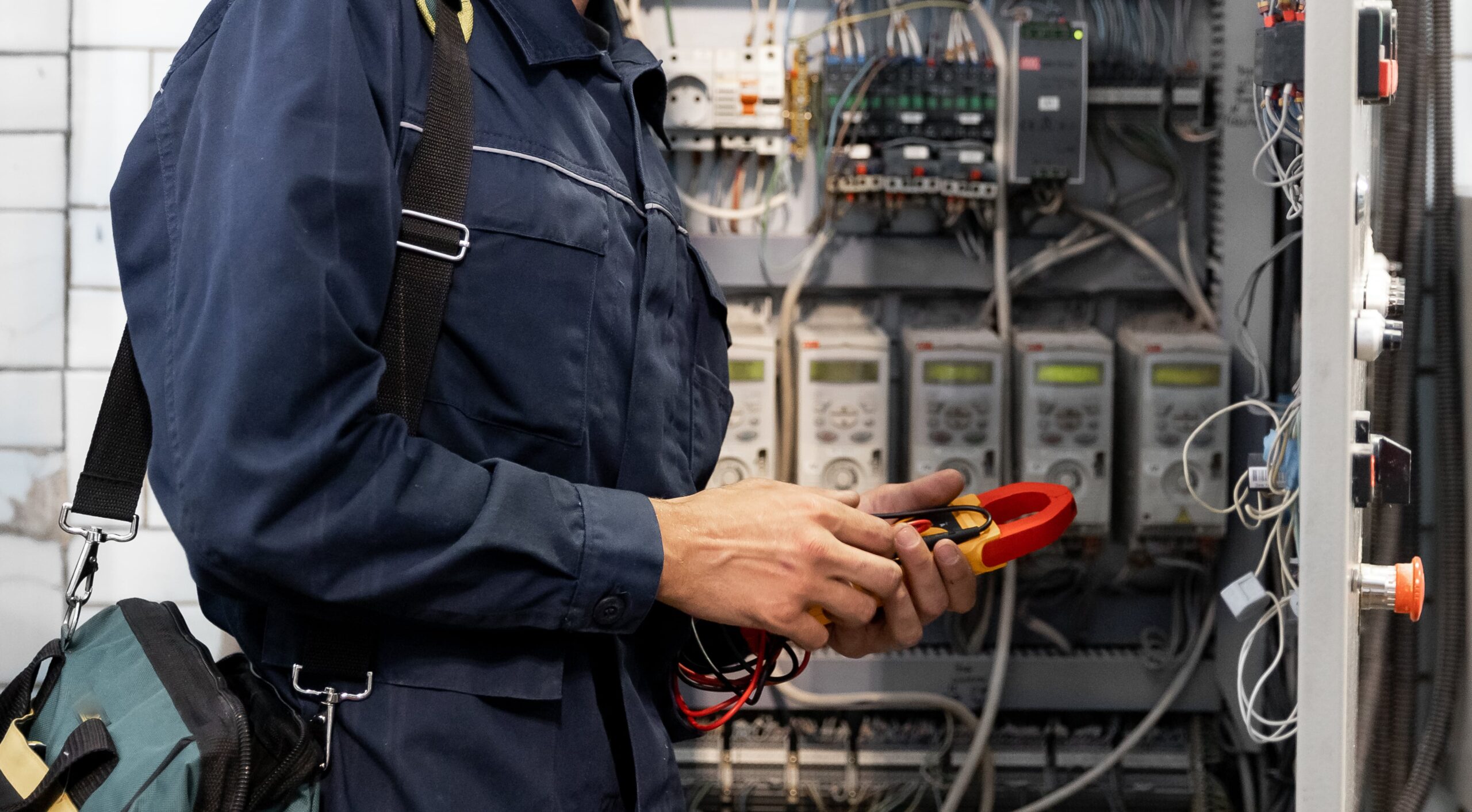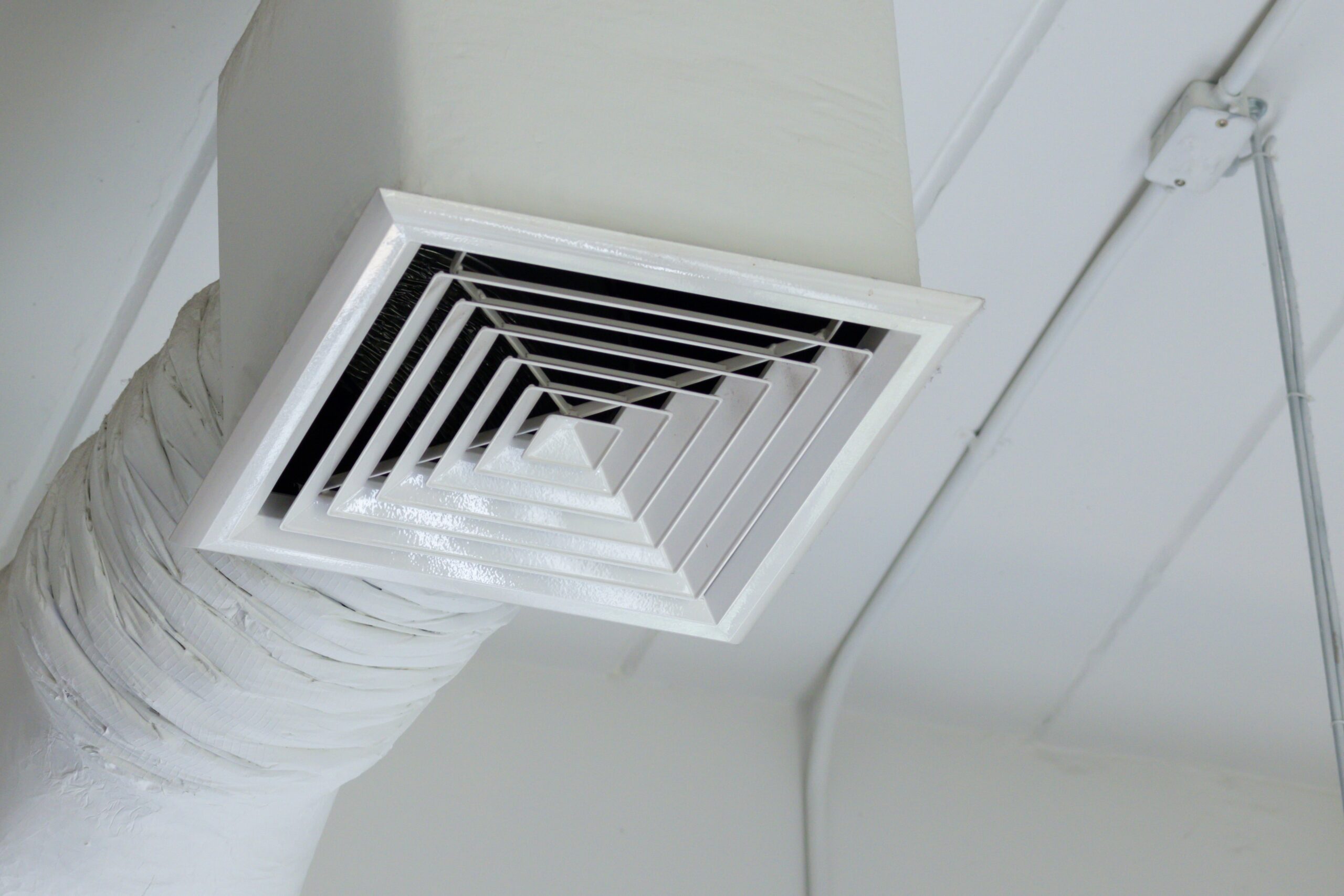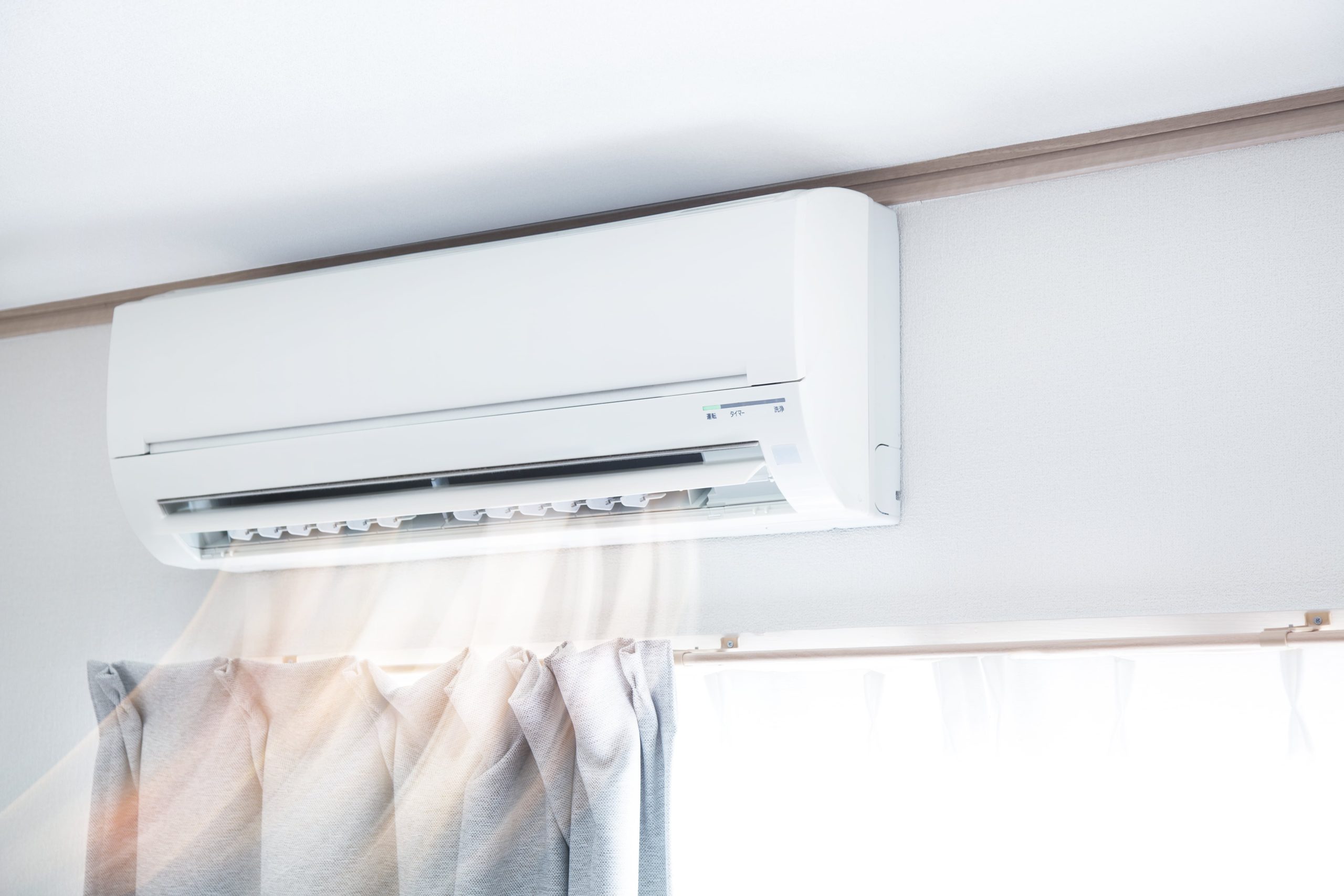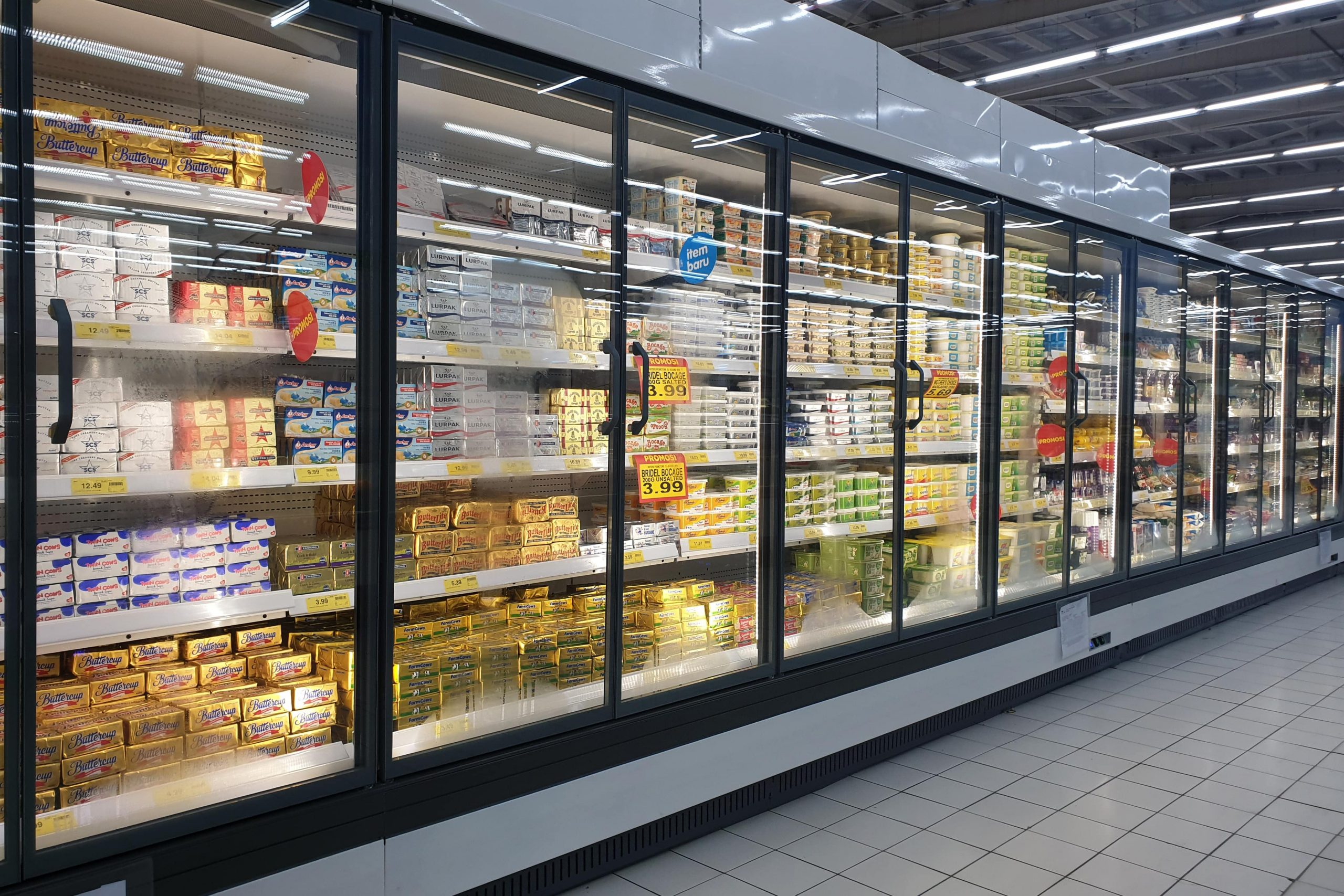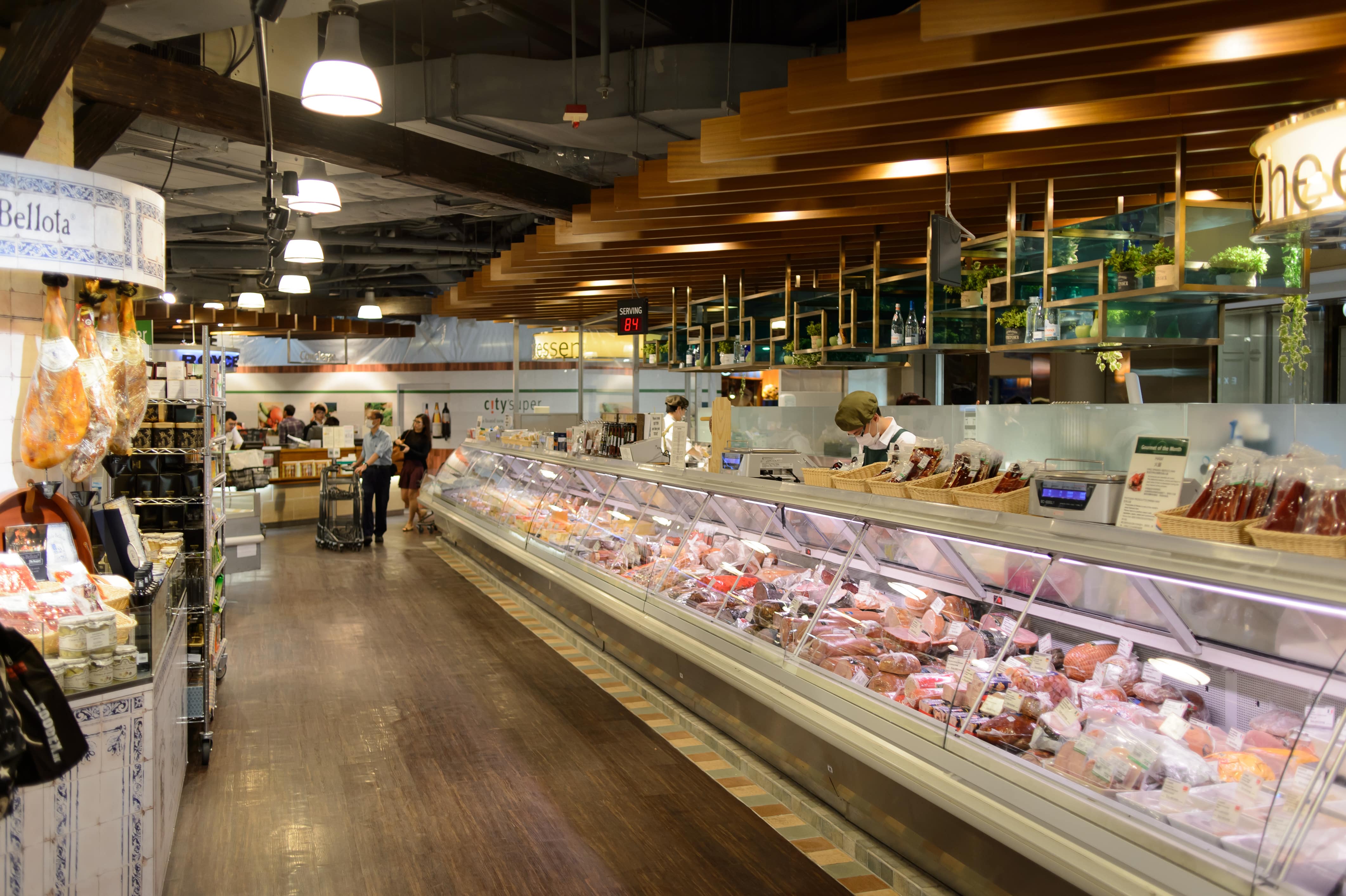Commercial Air Con Units: What’s Best for Your Business?
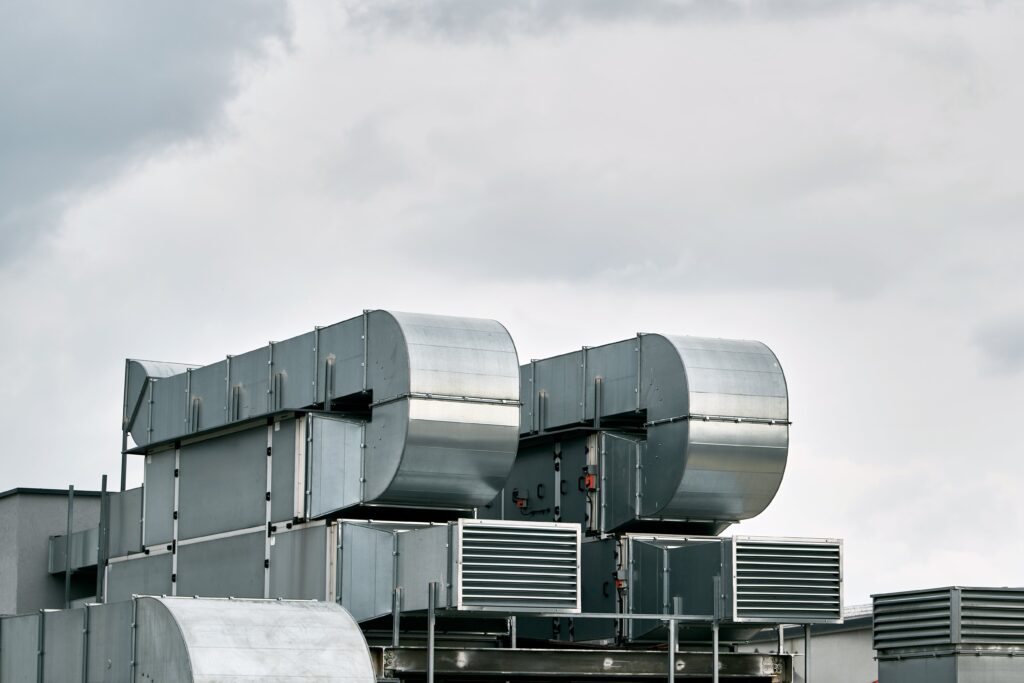
Choosing the right air conditioning system for your business is about more than just staying cool; it’s about supporting comfort, productivity, compliance, and controlling operational costs. In Perth’s hot, dry climate, your choice of system can significantly impact your bottom line and your team’s day-to-day experience.
There’s no one-size-fits-all solution. You’ll find the best system by considering your building layout, how you use your space, your long-term energy goals, and your budget. This comprehensive guide helps you understand your options, weigh key considerations, and confidently choose the right system for your business.
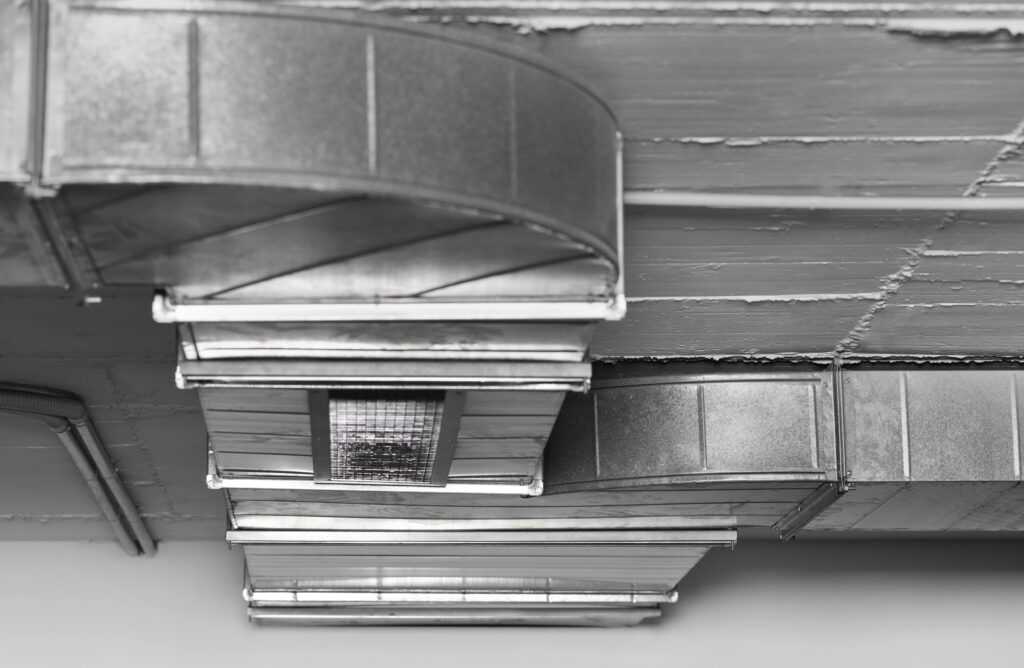
Why Your Choice of Commercial Air Con Unit Matters
A well-selected commercial air conditioning system does far more than simply regulate temperature. It creates a comfortable, welcoming environment that keeps employees focused and productive, and ensures customers or tenants enjoy their experience in your space, which can directly impact your reputation and revenue.
A modern, efficient system can significantly reduce energy bills, often representing one of the largest overhead costs in commercial operations. By investing in the right system, you can achieve predictable, lower running costs and avoid expensive surprises caused by inefficient or outdated equipment.
Additionally, a properly designed and maintained system reduces the likelihood of unexpected breakdowns or costly repairs, helping to keep your business operations running smoothly and minimising downtime.
Crucially, choosing the right system supports compliance with Australian Standards and workplace health and safety regulations. This protects your business from potential fines and liabilities while demonstrating to staff, clients, and stakeholders that you prioritise quality and safety.
Your choice of commercial air con unit is not just a purchase, it’s an investment in the performance, reliability, and future growth of your business.
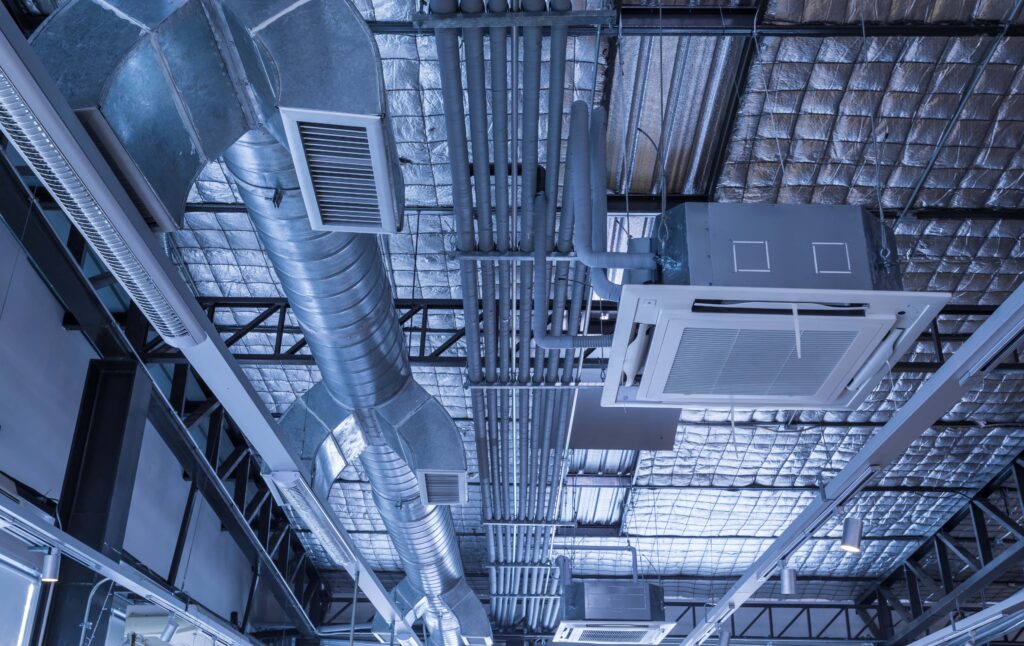
Understanding Each Air Conditioning System
Split Systems
Split systems are a popular choice for small to medium-sized commercial spaces, such as offices, meeting rooms, retail shops, and server rooms. These systems consist of an indoor unit and an outdoor condenser, making them relatively easy and quick to install.
They’re ideal for businesses that don’t require whole-building coverage but need reliable, precise temperature control in specific areas. Another advantage is affordability and scalability as your needs evolve.
However, using multiple split systems in large open spaces or buildings needing consistent temperature often leads to inefficiency and higher costs.
You can also explore how split system air conditioning works in detail or learn tips on maximising comfort and efficiency in small commercial spaces.
Ducted Systems
Designed for whole-building climate control, ducted systems deliver even temperatures through a central unit and a network of ducts. They are ideal for large open-plan offices, showrooms, and retail spaces.
The discreet design maintains your interior aesthetics, while zoning lets you control each area individually and reduce energy waste when spaces aren’t in use. While these systems come with higher upfront costs and require ceiling or underfloor space, they offer long-term value and a clean, seamless look.
Our related guides on the benefits of HVAC systems, duct cleaning frequency, and HVAC basics offer further insights for larger or more complex buildings.
VRV/VRF Systems
Variable Refrigerant Volume (VRV) and Variable Refrigerant Flow (VRF) systems provide advanced, flexible climate control for large offices, multi-storey buildings, hotels, and medical facilities. You control each zone’s temperature independently, delivering exceptional comfort and adaptability.
Their modular design lets you expand the system as your business grows. Though they require a higher initial investment, they deliver outstanding energy efficiency and lower running costs over time, aligning with businesses focused on sustainability and operational efficiency.
Packaged Units
Packaged air conditioning units combine all components into one compact, self-contained unit, usually mounted on the roof. It then ducts the air directly into the building.
This design saves valuable indoor space and simplifies maintenance access, making it a great choice for warehouses, large retail stores, and industrial facilities where floor space is limited. Packaged units are generally quicker to install and easier to service compared to multi-component systems.
The trade-off is that they don’t offer the same level of zoning flexibility or individual room control as more advanced systems like VRF.
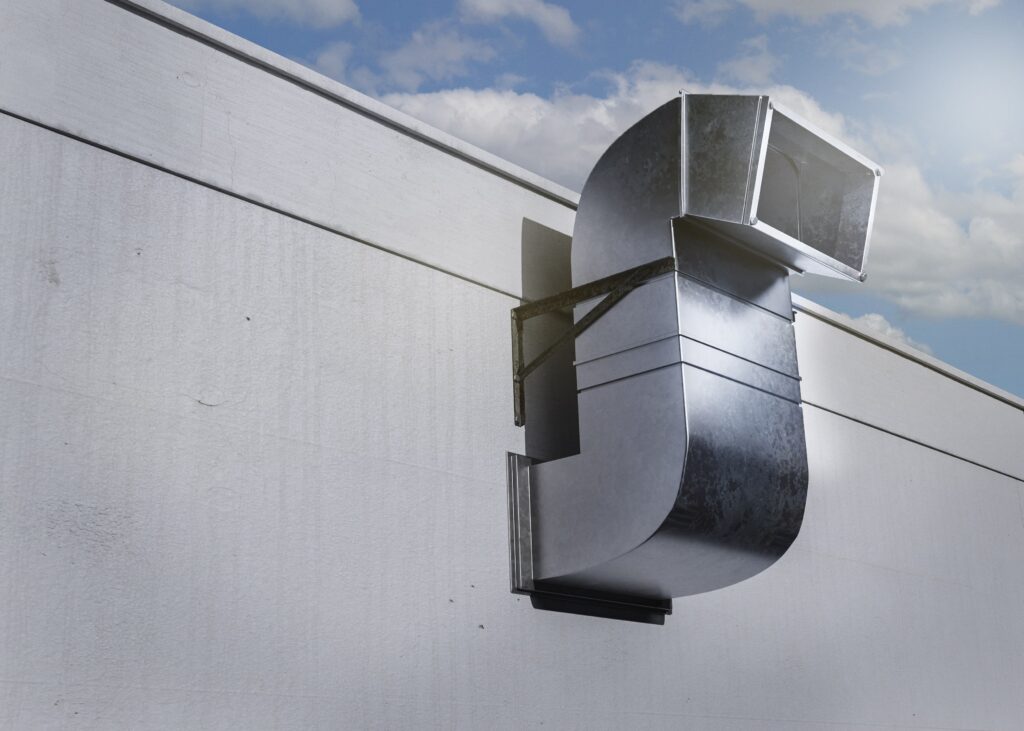
Evaporative Cooling
Ideal for Perth’s dry climate, evaporative cooling systems draw warm air through water-soaked pads to cool it naturally. They use far less electricity than traditional refrigerated systems and improve indoor air quality by constantly bringing in fresh air.
They are particularly effective in workshops, factories, and warehouses with high air exchange needs. However, they’re less effective on humid days and require consistent maintenance to remain hygienic and efficient.
If you’re comparing evaporative cooling costs or evaluating it against refrigerated systems, we break this down further in dedicated articles.
Reverse Cycle Systems
Reverse cycle systems provide both cooling and heating in a single unit, making them versatile for year-round comfort in offices, retail spaces, and hospitality venues.
While the initial cost is higher than cooling-only options, these systems are energy-efficient and eliminate the need for separate heating systems, simplifying maintenance and providing long-term operational savings.
Those interested in the technical side can also learn how reverse cycle systems achieve year-round efficiency in our detailed explanation.
Chilled Water Systems
Used in very large commercial and institutional buildings (hospitals, shopping centres, airports), chilled water systems provide high-capacity, centralised cooling through a network of air handling units or fan coils.
These systems excel in large spaces with continuous cooling needs, offering energy efficiency at scale. However, they require significant upfront investment, large plant rooms, and ongoing technical maintenance. They’re typically suited to large-scale, long-term projects prioritising maximum control and efficiency.
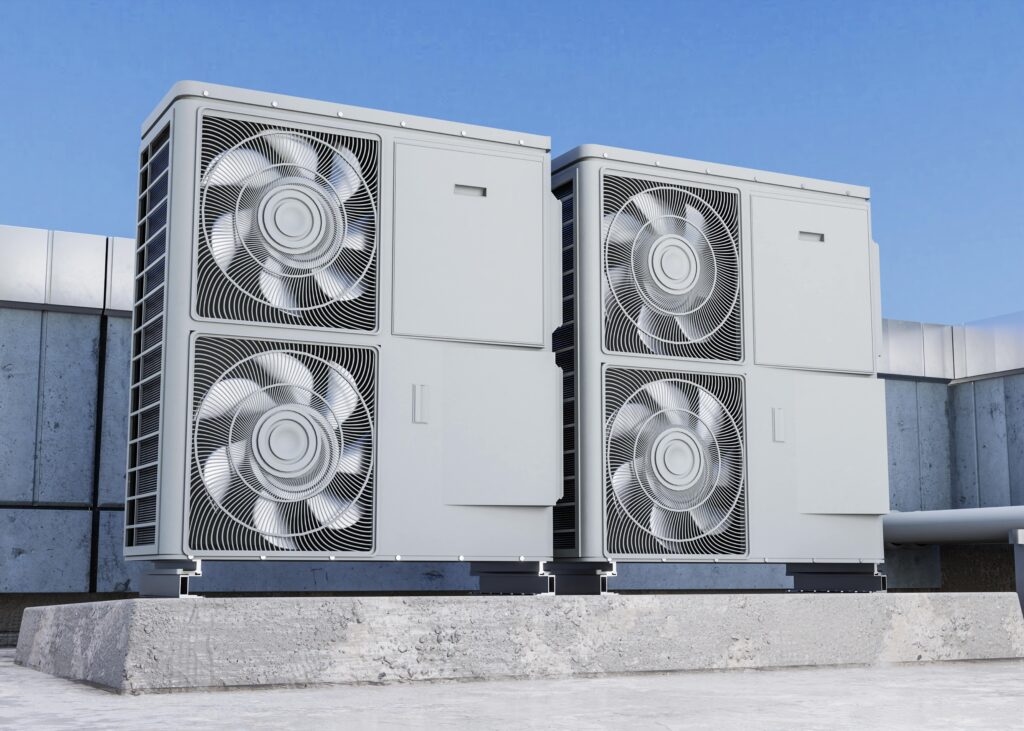
Key Considerations Before Choosing
- Building layout and size: Large open spaces may suit ducted or packaged systems, while buildings with many zones may benefit from VRF systems.
- Usage patterns: Think about when your building is busiest and how each area is used throughout the day.
- Budget vs. long-term value: Weigh upfront costs against potential energy savings and maintenance expenses.
- Energy efficiency and sustainability: Systems with higher efficiency can significantly reduce operating costs and support environmental targets.
- Maintenance accessibility: Easy servicing reduces downtime and extends system life.
- Compliance: Make sure your system complies with Australian Standards and that qualified professionals install it.
For practical advice on workplace air conditioning settings and seasonal efficiency tips, see our articles on optimal temperatures and energy-saving strategies.
Which System is Best for Your Business?
| System Type | Best For | Pros | Considerations |
| Split Systems | Small offices, retail spaces | Affordable, easy to install | Not efficient for large or multi-zone areas |
| Ducted Systems | Large open spaces, showrooms | Even temperatures, discreet | Higher upfront cost, needs duct space |
| VRV/VRF Systems | Multi-storey offices, hotels | Zoned control, scalable | Higher initial investment, complex design |
| Packaged Units | Warehouses, industrial suites | Saves indoor space, easy maintenance | Less zoning flexibility |
| Evaporative Cooling | Workshops, factories | Low running cost, fresh air | Less effective in humidity |
| Reverse Cycle Systems | Offices, hospitality, and year-round use | Heating & cooling, efficient | Higher upfront cost |
| Chilled Water Systems | Hospitals, major shopping centres | High capacity, efficient at scale | Very high upfront cost, large space needed |
We also explore how different air conditioning modes can affect comfort and efficiency throughout winter and summer in more depth.
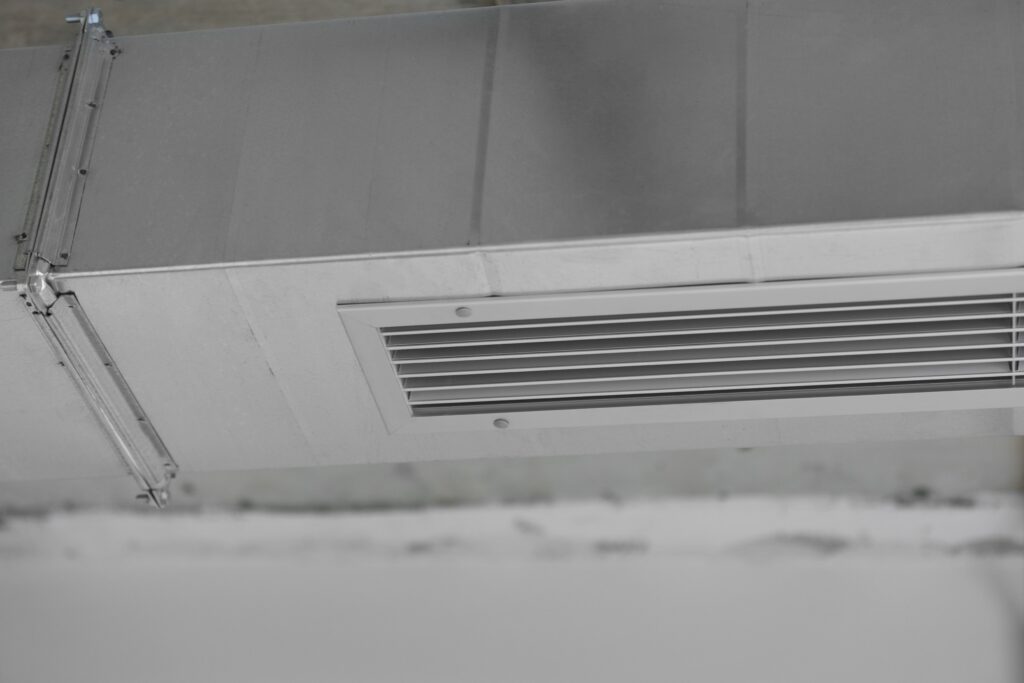
Signs It Might Be Time to Upgrade
Recognising when it’s time to upgrade your commercial air con units can help you avoid unexpected costs and keep your business running smoothly:
- Rising energy bills: An inefficient system often leads to higher electricity costs without improved comfort.
- Frequent repairs: Regular breakdowns can be more costly than investing in a new, reliable system.
- Inconsistent temperatures: Hot and cold spots may indicate your system is struggling or poorly designed.
- Unusual noises or odours: These can signal serious internal problems that impact performance and safety.
- Outdated technology: Older systems might be missing newer energy-saving features or struggle to meet compliance requirements.
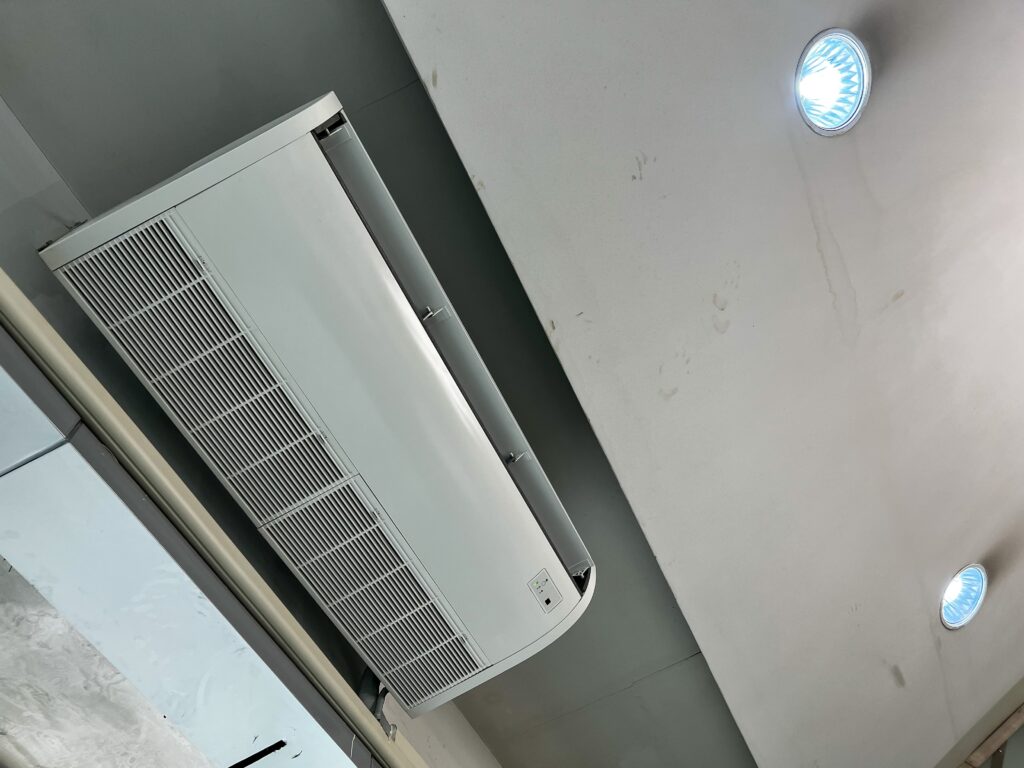
Common Mistakes to Avoid
When investing in commercial air con units, businesses often fall into these traps:
- Focusing only on upfront price: Initial savings can quickly disappear due to higher running costs and frequent repairs.
- Underestimating operating expenses: Consider the full life cycle cost, not just the purchase price.
- Overlooking building and usage needs: A system that doesn’t suit your layout or future growth can create more problems than it solves.
- Skipping maintenance planning: Regular servicing is essential to keep systems efficient and avoid major failures.
- Choosing inexperienced providers: Poor design and installation undermine system performance and can lead to compliance risks and higher repair costs.
Avoiding these mistakes helps protect your investment and ensures your system delivers reliable, long-term comfort.
Why Work with Perth Air & Power Solutions
At Perth Air & Power Solutions, we have over 15 years of experience designing, installing, maintaining, and repairing commercial air conditioning units for businesses across Perth.
Our dual-certified technicians understand the local climate and specific challenges commercial spaces face. We pride ourselves on delivering prompt, professional service, including same-day response when you need us most.
Working with us means partnering with a team that values reliability, precision, and long-term performance.
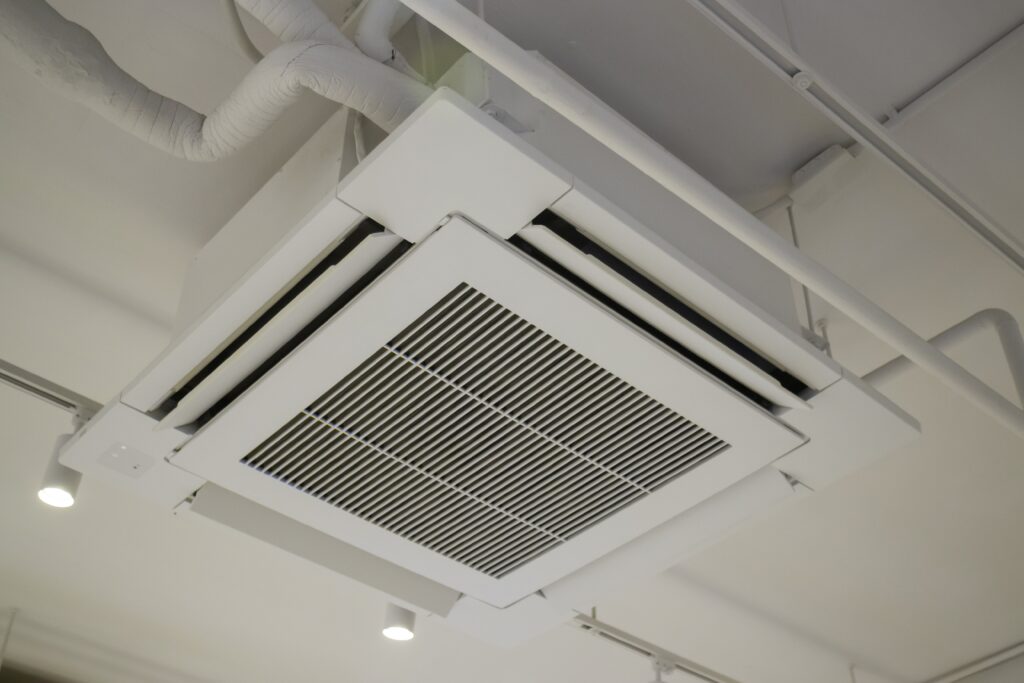
Find the Unit that Works for Your Business
There’s no single ‘best’ commercial air con unit, only the best system tailored to your space, operational needs, and long-term goals. By considering your building layout, daily usage, and future growth, you can make an informed investment that delivers reliable comfort, energy savings, and compliance for years to come.
Ready to find the right solution for your business? Book a tailored consultation with Perth Air & Power Solutions today. Our expert team will help you choose, design, and install the ideal commercial air conditioning system to keep your business running comfortably and efficiently all year round.

